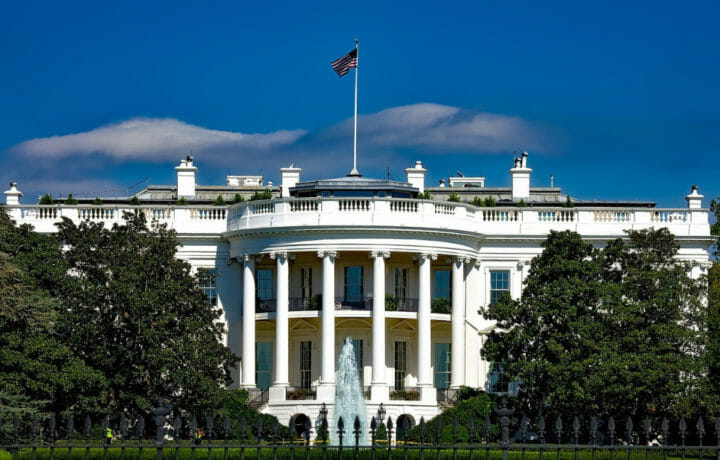Presidential security clearance procedures are a topic of frequent questions and debate. What type of security clearance does the president get, and what is the president’s role when it comes to classified information?
President is the Classified Information Policymaker
A president doesn’t go through the same background investigation process the average security clearance holder does. No member of congress or elected official does. The president is the policy-maker when it comes to access to classified information, because the process of granting access to classified information is born out of executive order. Supreme Court precedent has also established that Congress can’t hamper the president’s authority when it comes to classified information. The president can give access, and he can take it away.
The president’s authority over access to classified information is a topic worth noting today because of recent legislative pushes to monitor for QAnon or ‘Stop the Steal’ rally attendance among security clearance holders or applicants. One proposed piece of legislation would change the SF-86 to ask such questions. This legislation is likely dead in the water due to the president’s authority on all things classified.
Push to Monitor Social Media
Another push which could gain momentum is the desire for the president to usher in policies to further monitor the social media activities of security clearance applicants. The policy concerning social media monitoring is already on the books. One push of the executive order pen (or merely a shove from the White House to say ‘do it’) could see social media becoming a greater part of the security clearance background investigation process. Current policy allows for checking publicly available social media accounts.
One legislative proposal would require security clearance applicants to not just consent to monitoring, but turn over their user names and passwords, as well. That sounds like a policy change which may require a further executive order, or at least some kind of executive action.
When it comes to security clearance policy, the President has the authority, and Congress holds the accountability. Legislative action is usually based around timeliness and reporting requirements, to ensure the process is running smoothly.




